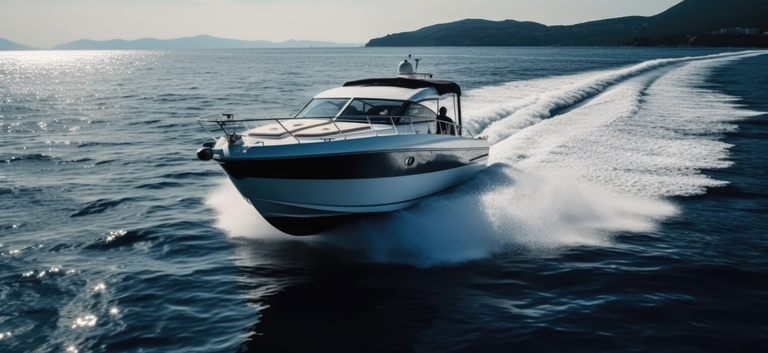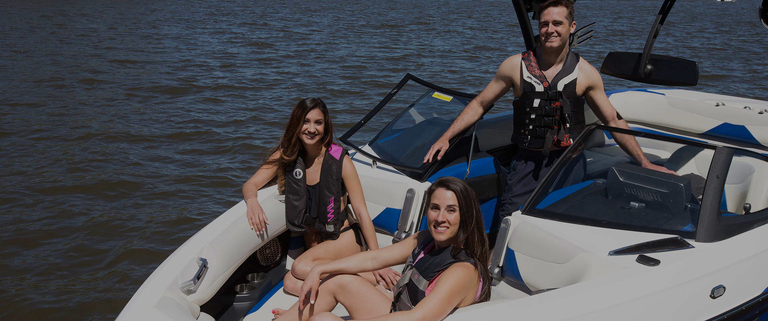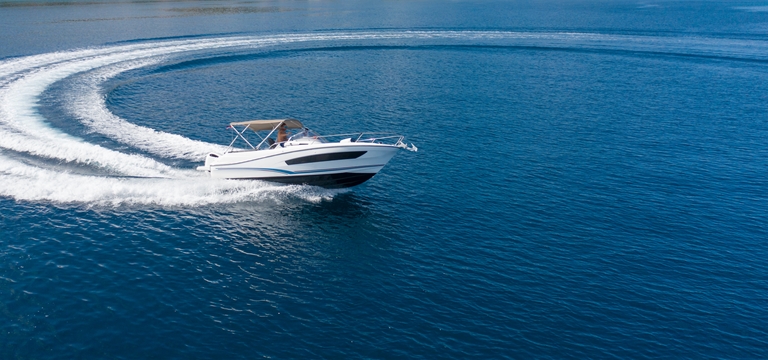Words of Caution for a Safe Boating Season
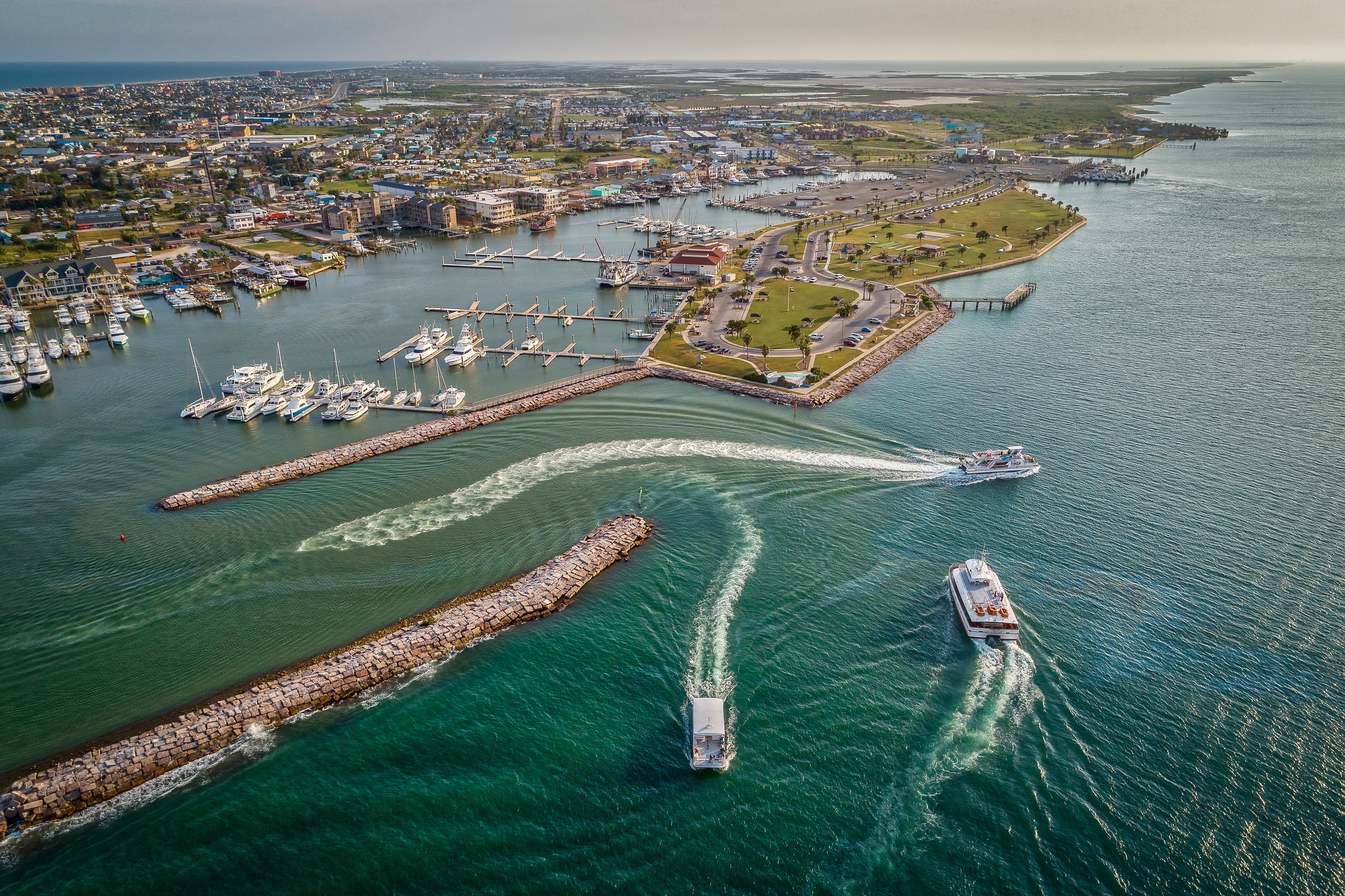
For boaters, this is a familiar scenario: Your truck chases the last shreds of the night as there are hints of dawn. With only a few hours of driving left until you reach your destination, family and friends are in tow, some sleeping and others waiting in anticipation for the day's events.
It's spring again. The snow has finally receded, and now you're just praying that the weatherman keeps up his end of the bargain for the day: sunny with just a few clouds to provide the temporary but welcomed shade.
Your caravan arrives after daybreak, and you're relieved to be the first at the boat launch. For any boater, this is a great sign. After launching the boat with loaded passengers and supplies, you steer away from the dock and don't look back.
That would be the start of every boat owner's dream season when they set out for their first day on the water. Your real-life version might not be perfect, but once you head out for open water, all the little stuff just slips away.
Perfect start or not, experienced and novice boaters should strive to perfect one thing: safety on the water. Today, we encourage everyone to prioritize safety as a new boating season ramps up and millions of people hit the water this spring and summer.
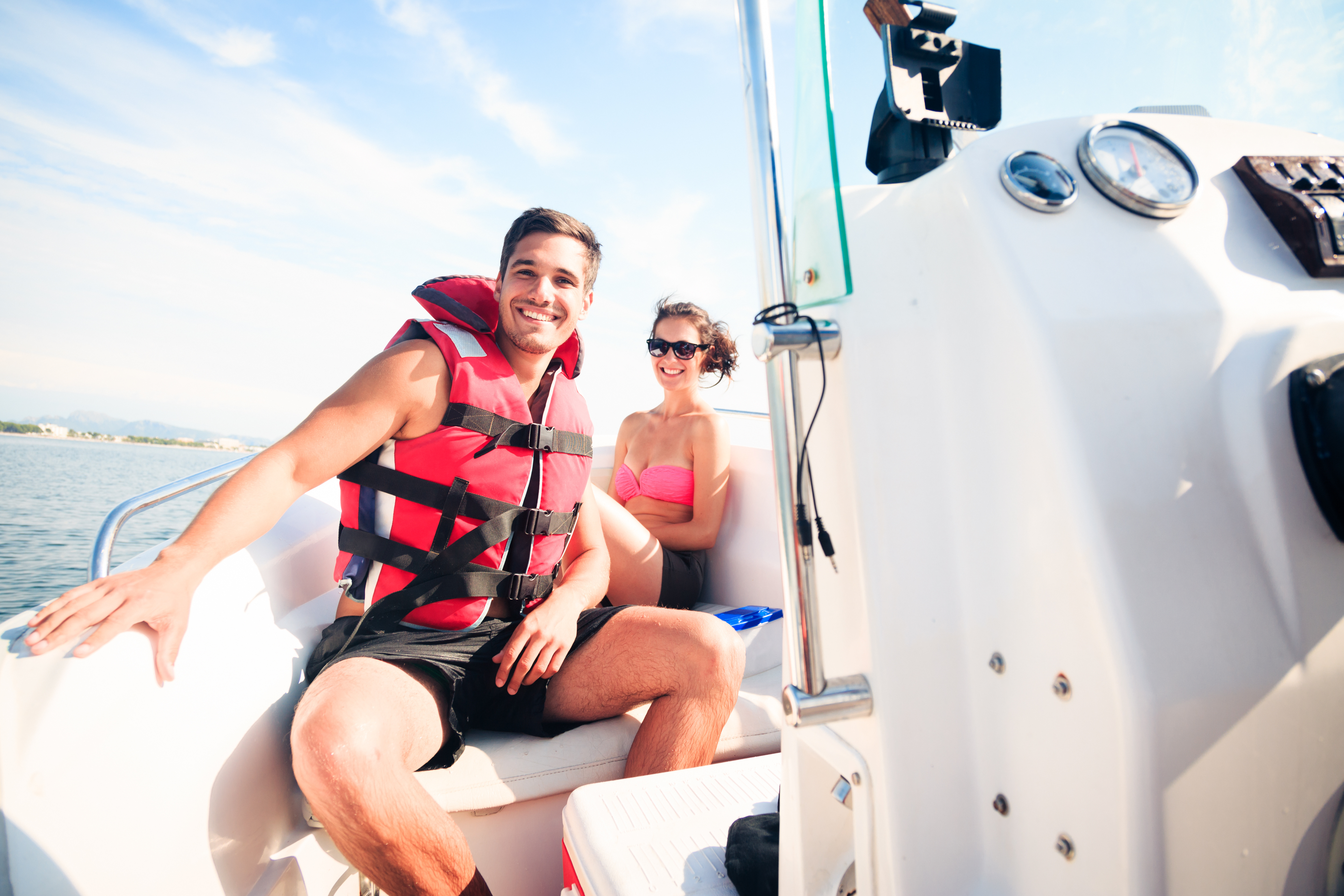
Boating Waters Can Get Crowded
In 2022, data suggested that 100 million Americans go boating yearly, with a significant portion of those boaters owning their boats. That means millions of people enter public waters during the spring and summer weekends.
They all leave their homes with the same happy thoughts and intentions: to enjoy the weather and great company – even if the "company" is just the fish. However, those of us in the boating industry know that even the best of intentions can turn into the worst of situations.
Depending on where you live, the boating safety reality can be very different. Florida, California, and Texas (in that order) lead the nation in boating-related accidents, with a combined 1,300 reported in 2022 – more than half from Florida alone. Nationally, the number of fatalities from boating accidents has decreased for several years, but that doesn't lessen the impact of each separate accident on the people involved.
The U.S. Coast Guard reported that in 2022, there were 4,040 boating-related accidents nationwide. Those incidents resulted in 589 deaths, with 18 percent of the deaths involving alcohol. However, even sober boat operators are plagued with operator inattention and inexperience, leading to boating accidents. Inattention and inexperience are among the top five contributing factors for accidents – it's not wearing a life jacket that led to the 370 drowning deaths in 2022.
Avoid Being a Boating Accident Headline
As we near the start of boating season in some states, we encourage you to avoid becoming a headline. The phrase "boating accident" can stand out in the headlines of local news outlets.
For example, fishing partners and Columbus, Ohio, residents Gary Cook and Jason Lewis passed away in early April after both fell into 43-degree water. After attempting to right the boat, they disappeared from the water's surface. Investigators concluded that neither was wearing a lifejacket.
Teens Jonathan McClure and Sheldon Mashburn of Claremore, Okla., were tossed from their 16-foot bass boat after it struck a submerged tree stump. Mashburn was able to swim to shore, but McClure remained missing until his body was recovered hours later. Neither teen was wearing a lifejacket.
A few years ago, best friends Michael Antol and Richard Franas Jr. were out on the water celebrating the start of fishing season at Mashapaug Lake in Union, Conn. Both had been drinking, but Antol sat behind the wheel, accelerating to 43.5 mph in a 10 mph no-wake zone. He ran the boat aground, tossing Franas from the boat into a tree.
Franas then bounced off the tree into the water, where he subsequently drowned. Antol was convicted of second-degree manslaughter and sentenced to three years in prison.
These three stories are evidence that it is often the small decisions that lead to permanent consequences.
Most Boating Accidents Are Preventable
According to the statistics, most boat accidents don't end in tragedy.
For example, a North Carolina man is fortunate to be alive after he fell from his boat. A retired firefighter saw the incident and took to his kayak to pull the man from the water.
The victim had a lifejacket aboard his vessel, but he was not wearing it. However, unfortunately, there aren't enough people like that firefighter watching the water. It's up to boaters to prepare themselves for worst-case scenarios, starting with proper boating safety.
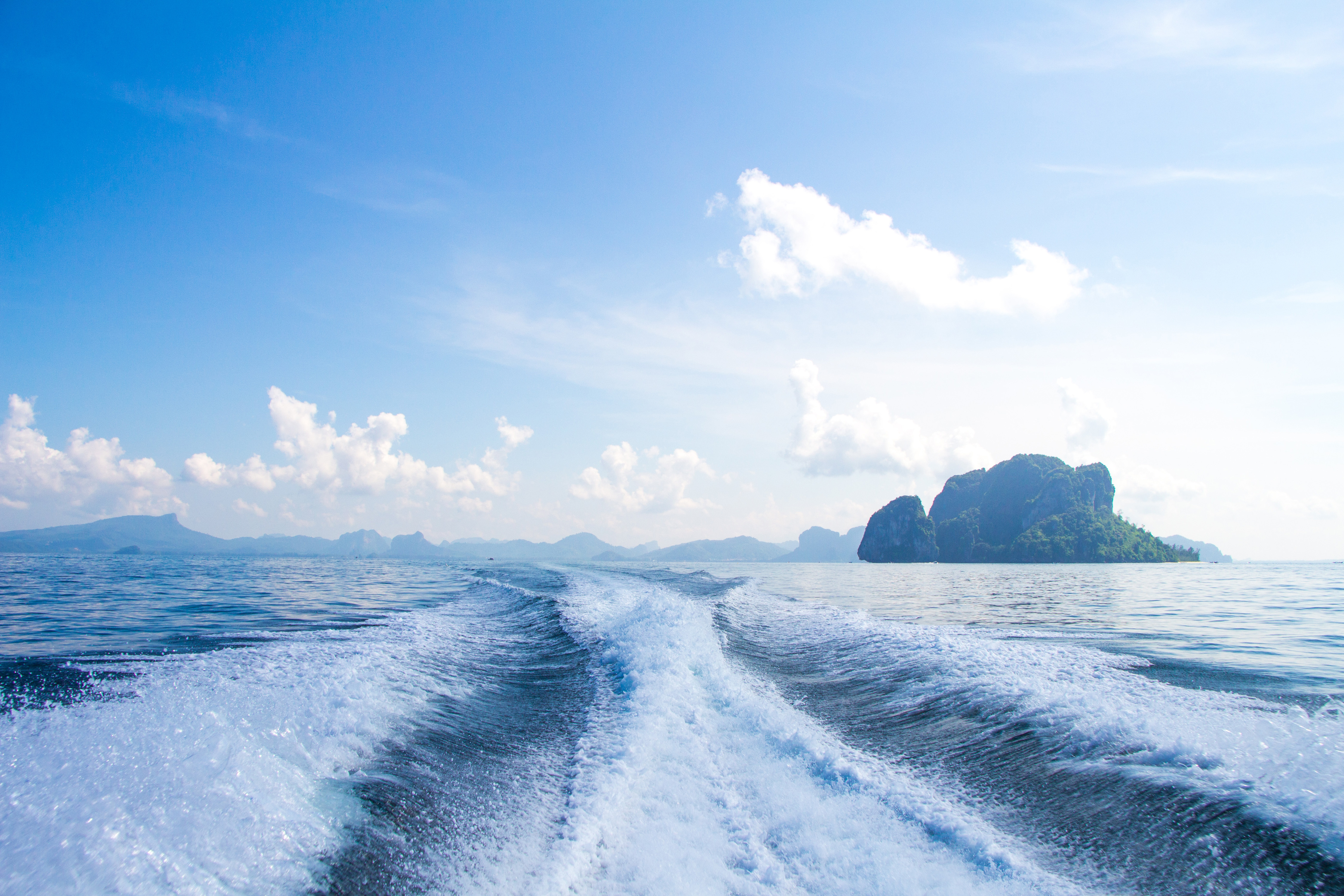
Stay Safe This Boating Season With a Boating Safety Course
If you've never taken a NASBLA-approved boating safety course, we, along with every state and national boating agency, encourage you to do so – even if your state doesn't require it. However, if you're just taking a course to get your license, you're concentrating on the wrong outcome.
Safety is much more important than a card in your wallet. This season, be the safest captain on the water by learning the information and applying it on the water. We also recommend a safety course for anyone on your boating crew - friends, family, and especially kids. When everyone understands how to navigate the waters safely, the chances of a safe and enjoyable boating season increase!
If you have already completed a course, you can always refresh your memory by finding the Boat-Ed course for your state or taking your state's course through ilearntoboat, then selecting the study guide. All of our courses are 100% online, so it's convenient to work through the material and take the exam before you launch for the first time this season!
Originally published April 28, 2014. Content updated March 14, 2024.

